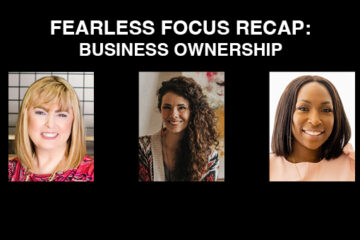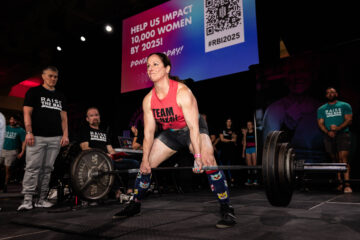Thoughts ahead of Fearless Focus event on confidence
By Emily Kestel
From imposter syndrome to harmful effects of social media to social norms we learn as kids, women often find themselves on a constant journey to improving their confidence. Confidence can come in many forms – in our bodies, our intellectual abilities, our ability to try something new, pursuing our goals – and they all affect one another. Confidence plays a role in whether we speak up when our voice isn’t being heard, whether we negotiate our salaries or whether we do something that’s outside our comfort zone.
In our second event of the Fearless Focus series, we’ll talk about how we can empower ourselves or women we know in finding confidence in themselves as they work toward professional and personal goals.
To preview our discussion happening at noon on June 22, we asked our speakers to answer: “What’s one barrier that you continue to see for women and young girls in terms of confidence?”
Here’s what they said.
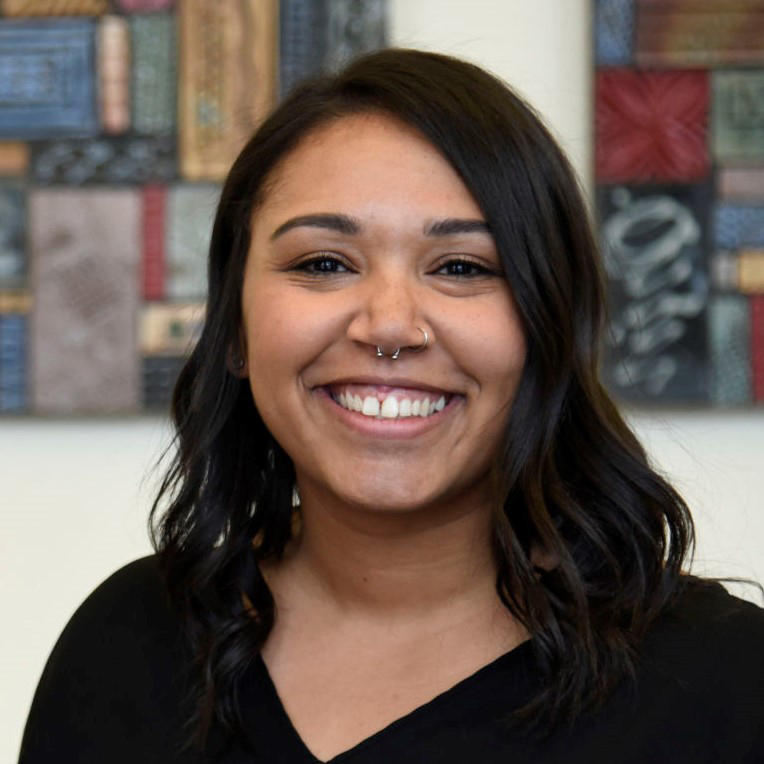
Cheltzie Miller-Bailey, assistant director, Center for LGBTQIA+ Student Success, Iowa State University
Socialized norms create significant barriers for women and girls striving to develop confidence. Many of us have been instructed to follow an unwritten, arbitrary and commonly sexist, racist, classist set of rules and behaviors that dictate our choices in appearance, communication and engagement. Often these are misaligned to what feels good for us, but their common presence in society makes us question our value if we don’t adhere to them. This creates confusion and a barrier for us to develop self-trust and self-advocacy from a young age, ultimately impacting our levels of confidence throughout youth and adulthood.
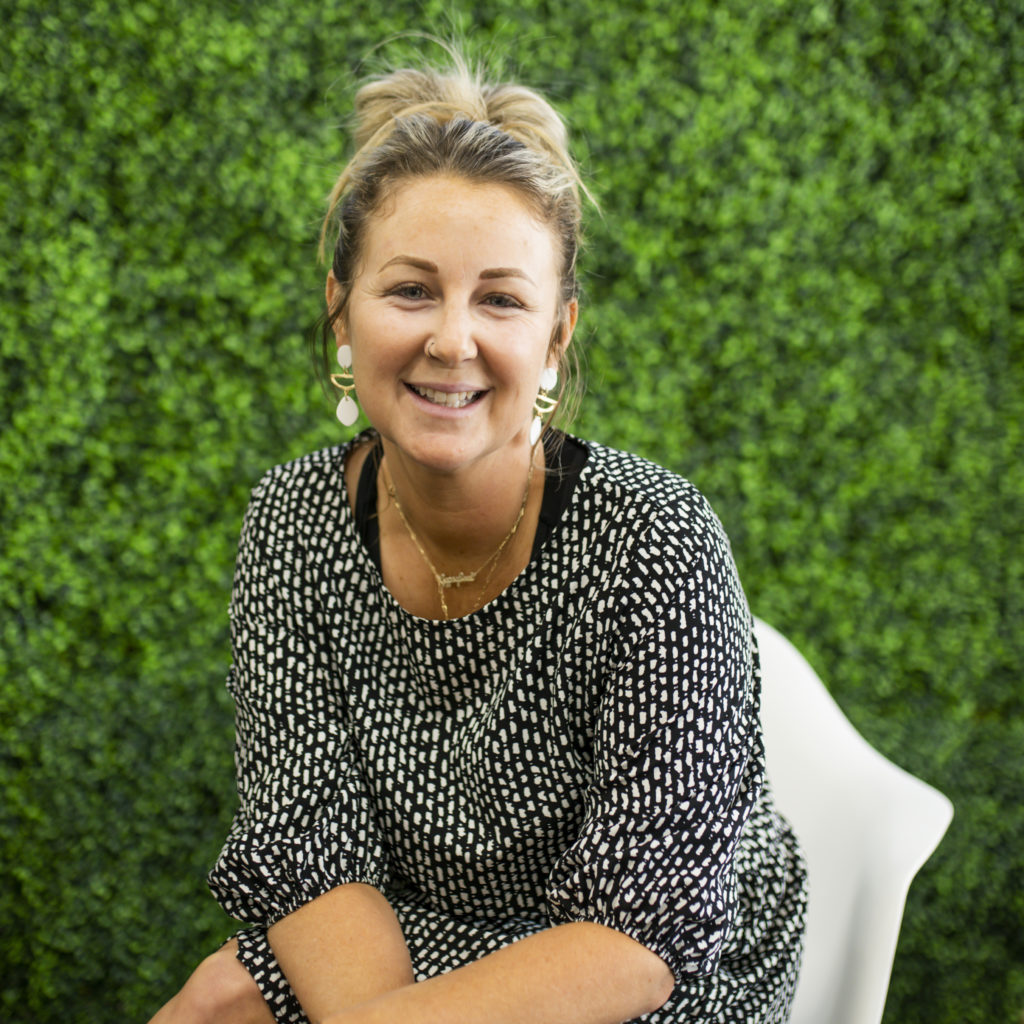
Cyndi Nelson, owner, Hawks Coffee Shop and Gypsy Soul Boutique
I am an adjunct professor of sociology at a few local colleges and we talk about the issue of self-confidence in class — it’s a fascinating topic! Girls and women are programmed from the time they are little to take a back seat. It’s something that isn’t intentional (most of the time), and women are guilty of doing it to each other as well. We feel bad for mothers of strong-willed girls, we teach our girls to not speak up or speak out in public because it’s “rude,” we tell them to be quiet in class, we tell them that dad is the ruler of the house and makes the decisions and controls how things should go, we tell them to be kind to their brothers, and we make excuses like “he just likes you” if boys pick on them. We are subconsciously and unintentionally teaching our girls that having a voice, having an opinion, and standing up for yourself isn’t something that’s tolerated — and then we wonder why they don’t feel confident asserting themselves when they get older. The only way that changes is by changing our mentality and the way we talk to our little girls, which will encourage them to be strong women!
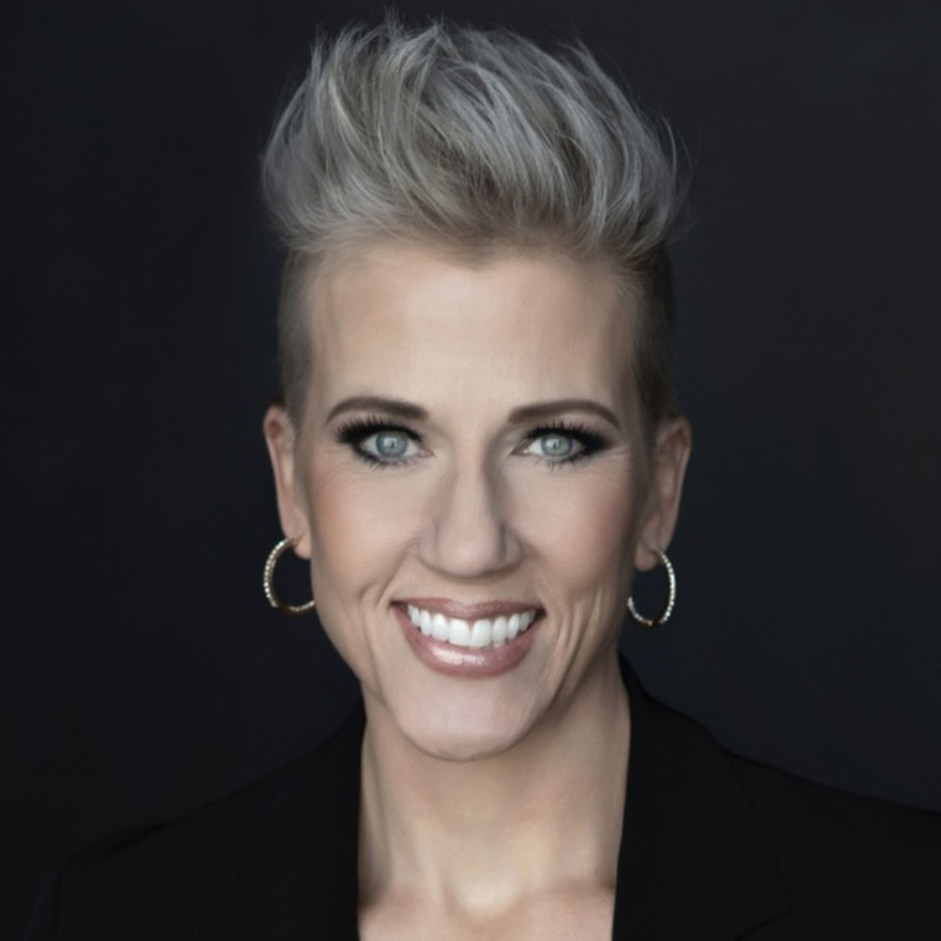
Beth Shelton, CEO, Girl Scouts of Greater Iowa
When girls and women feel a safe space to be authentically themselves, without expectation, judgment or bias, they thrive in the growth of confidence. One hurdle standing in the way today is the lack of intentional space for that social and emotional connection to one another.
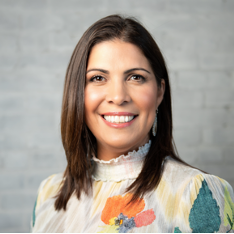
Gilmara Vila Nova-Mitchell, director of diversity, equity and inclusion, IMT Insurance
Most teenagers see technology as an integral part of daily life. Participating in social media is a particularly common pastime of many teens. But a huge challenge I see affecting girls’ confidence is the pressure to be perfect, because girls are constantly comparing themselves to Photoshopped, airbrushed images of perfection from social media. The pressure from unrealistic standards set by social media, in addition to cyber-bullying, have a direct impact on young girls’ happiness and confidence levels.
To hear more from these leaders, register for the free event, happening Wednesday, June 22, at noon.

